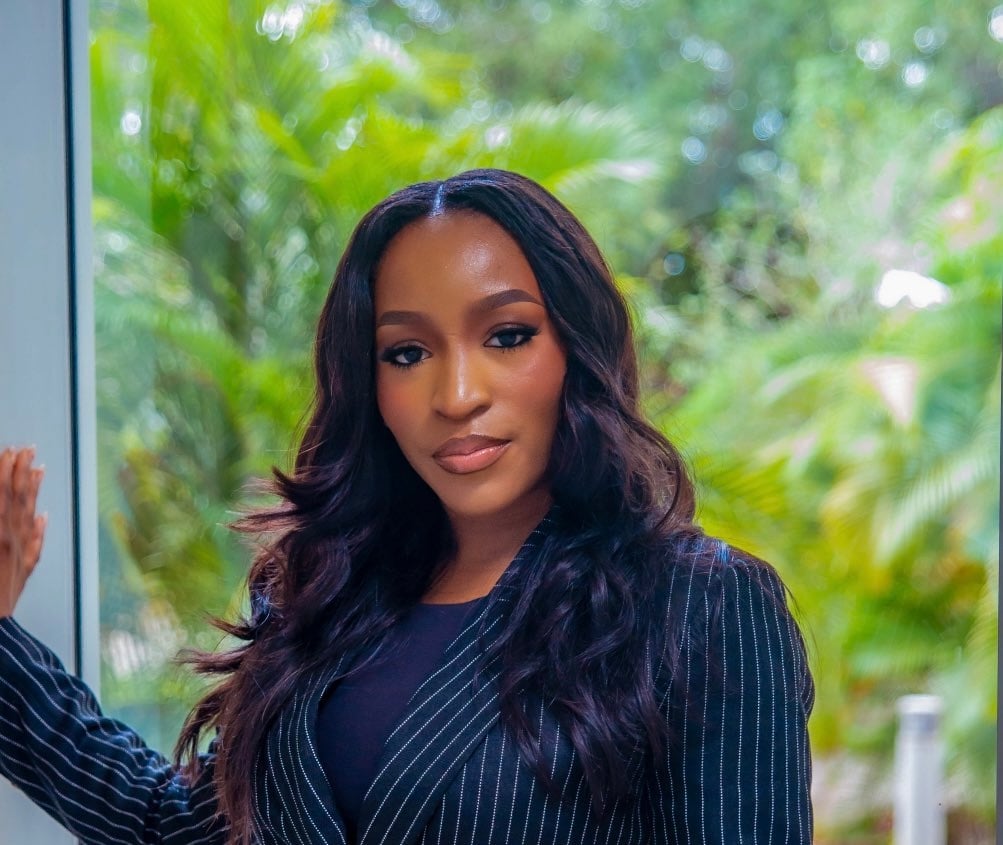By Tokunbo2
Copyright thesun

From Juliana Taiwo-Obalonye, Abuja
The 9th Voice of Women Conference and Awards (VOW2025) opened on a sombre note with a minute of silence observed for women leaders recently lost in Lagos State and the late Arise News anchor, Somtochukwu Christelle Maduagwu, affectionately known as Sommie.
The conference was marked by candid and moving reflections on the alarming dangers women face in leadership roles in Nigeria.
Founder of the Women Advocates Research and Documentation Centre, Abiola Akiyode-Afolabi, began her remarks by noting the passing of the five female council officials in Lagos who died within two months of their inauguration: Oluwakemi Rufai (Councillor, Ward C, Ibeju-Lekki), who died 17 days after inauguration following a brief illness; Zainab Shotayo (Councillor and Chief Whip, Ward C3, Odiolowo-Ojuwoye LCDA) who died 22 days after inauguration; Princess Oluremi Ajose (Vice Chairperson, Badagry West LCDA), Basirat Oluwakemi Mayabikan (Councillor, Ward F, Shomolu), and Khadijat Adebimpe Akintola (Council Manager, Coker Aguda LCDA), all tragically lost in rapid succession.
“There is a danger of death in women’s leadership in Nigeria,” Akiyode-Afolabi said solemnly. “Each death is not only the loss of a mother, a sister, or a daughter, but the loss of vision, courage, and possibility. It discourages others from stepping forward.” She urged for urgent action and accountability to uncover the causes behind these untimely deaths.
Akiyode-Afolabi tied these personal losses to the broader challenges facing Nigerian women in leadership, stating, “Our democracy is weakened when women are silenced by death, intimidation, or neglect. When leadership becomes a graveyard for women, who will dare walk the path?” She warned that the absence of women in governance “robs the nation of half its strength.”
She further addressed the disconnect between elite and grassroots women’s voices as a critical barrier to effective advocacy. “Too often, the voices dominating conferences and policy meetings are those of educated, urban elite women, while the market women, farmers, displaced persons, and rural teachers remain unheard,” she said. “We must bridge this gap so that policies resonate with the real struggles faced by women across Nigeria.”
Highlighting the theme of the conference, Promoting and Amplifying Collective Action for Power, Akiyode-Afolabi urged for a renewed commitment to unity and support: “No woman should suffer health neglect or die for service. We need stronger health support, security, and solidarity for women leaders.”
She concluded with a resolute call: “One woman’s voice may be dismissed, but millions speaking together cannot be ignored. Collective action can shift laws, transform governance, and secure justice. Nigeria needs us, our daughters need us, the future needs us—and together, we can.”
At the conference were dignitaries, including former Deputy President of South Africa, Phumzile Mlambo-Ngcuka, British Deputy High Commissioner Jill Lever, and Nigeria’s Minister of State for Labour and Employment, Nkeiruka Onyejeocha, among others, underscoring its significance as a pivotal platform for women’s leadership advancement in Nigeria.



